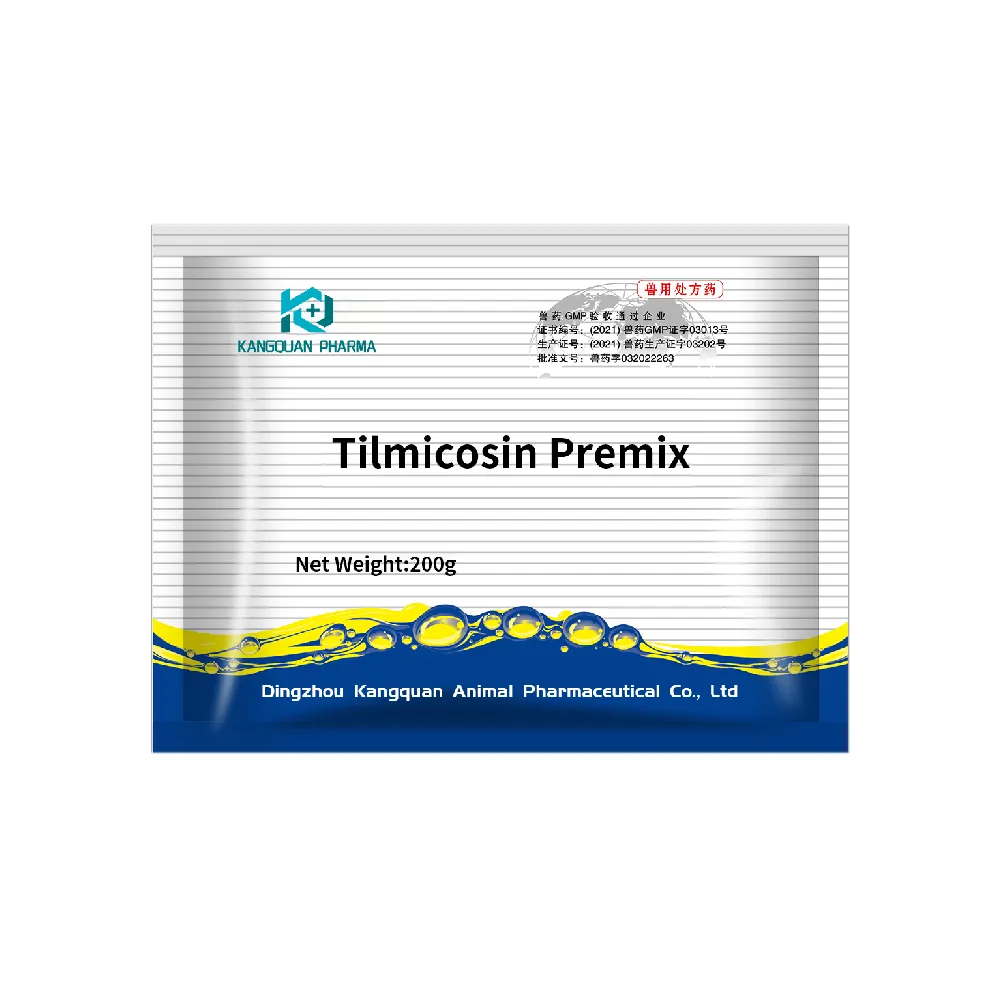- Afrikaans
- Albanian
- Amharic
- Arabic
- Armenian
- Azerbaijani
- Basque
- Belarusian
- Bengali
- Bosnian
- Bulgarian
- Catalan
- Cebuano
- Corsican
- Croatian
- Czech
- Danish
- Dutch
- English
- Esperanto
- Estonian
- Finnish
- French
- Frisian
- Galician
- Georgian
- German
- Greek
- Gujarati
- Haitian Creole
- hausa
- hawaiian
- Hebrew
- Hindi
- Miao
- Hungarian
- Icelandic
- igbo
- Indonesian
- irish
- Italian
- Japanese
- Javanese
- Kannada
- kazakh
- Khmer
- Rwandese
- Korean
- Kurdish
- Kyrgyz
- Lao
- Latin
- Latvian
- Lithuanian
- Luxembourgish
- Macedonian
- Malgashi
- Malay
- Malayalam
- Maltese
- Maori
- Marathi
- Mongolian
- Myanmar
- Nepali
- Norwegian
- Norwegian
- Occitan
- Pashto
- Persian
- Polish
- Portuguese
- Punjabi
- Romanian
- Russian
- Samoan
- Scottish Gaelic
- Serbian
- Sesotho
- Shona
- Sindhi
- Sinhala
- Slovak
- Slovenian
- Somali
- Spanish
- Sundanese
- Swahili
- Swedish
- Tagalog
- Tajik
- Tamil
- Tatar
- Telugu
- Thai
- Turkish
- Turkmen
- Ukrainian
- Urdu
- Uighur
- Uzbek
- Vietnamese
- Welsh
- Bantu
- Yiddish
- Yoruba
- Zulu
dec . 18, 2024 12:35 Back to list
gentamicin sulphate
Gentamicin Sulphate An Overview
Gentamicin sulphate is an antibiotic that belongs to the aminoglycoside class of antibiotics. This medication is widely used in clinical settings for the treatment of a variety of bacterial infections, primarily those caused by Gram-negative bacteria. Its discovery in 1963 marked a significant advancement in antimicrobial therapy, as it was one of the first antibiotics effective against resistant strains of bacteria. This article aims to provide a comprehensive overview of gentamicin sulphate, including its mechanism of action, uses, side effects, and considerations for use.
Mechanism of Action
Gentamicin functions by interfering with bacterial protein synthesis, which is essential for the growth and reproduction of bacteria. It binds to the 30S ribosomal subunit of the bacterial ribosome, leading to misreading of mRNA and the production of non-functional proteins. This disruption ultimately leads to bacterial cell death, making gentamicin a bactericidal antibiotic. Its effectiveness is enhanced by its ability to penetrate bacterial cells and accumulate at high concentrations, particularly in the case of certain Gram-negative pathogens.
Indications for Use
Gentamicin sulphate is utilized in treating various infections, including
1. Respiratory Tract Infections It is often used for severe pulmonary infections, particularly in immunocompromised patients or those with cystic fibrosis. 2. Urinary Tract Infections (UTIs) Gentamicin is effective against complicated UTIs caused by resistant bacterial strains.
gentamicin sulphate

4. Skin and Soft Tissue Infections Its use in treating infections caused by resistant microorganisms, such as Pseudomonas aeruginosa, is common.
5. Ophthalmic Infections Gentamicin eye drops or ointments are prescribed for infections such as conjunctivitis caused by sensitive organisms.
Despite its broad spectrum of activity, gentamicin is usually reserved for severe infections or those caused by resistant organisms due to its potential toxicity.
Side Effects and Considerations
While gentamicin is an effective antibiotic, it is not without risks. The most significant side effects associated with its use are nephrotoxicity and ototoxicity. Nephrotoxicity refers to kidney damage, which can occur when the drug accumulates in renal tissues. Ototoxicity can lead to hearing loss or balance issues due to damage to the inner ear structures.
Due to these risks, it is crucial for healthcare providers to monitor kidney function and auditory capability especially when gentamicin is used for prolonged periods or in patients with pre-existing renal impairment. Dosing adjustments may be necessary based on renal function, and therapeutic drug monitoring is often employed to minimize the risk of toxicity.
Conclusion
Gentamicin sulphate remains a valuable tool in the fight against bacterial infections, particularly those caused by resistant organisms. Its ability to effectively target a wide range of pathogens makes it an essential antibiotic in many clinical scenarios. However, careful monitoring and consideration of potential side effects are vital to ensuring patient safety. As antibiotic resistance continues to rise globally, the role of gentamicin and similar antibiotics in modern medicine will remain under scrutiny, necessitating ongoing research and prudent prescribing practices. Ultimately, gentamicin sulphate exemplifies the dual nature of antibiotic therapy—the necessity of effective treatment balanced against the importance of minimizing potential harm to patients.
-
Guide to Oxytetracycline Injection
NewsMar.27,2025
-
Guide to Colistin Sulphate
NewsMar.27,2025
-
Gentamicin Sulfate: Uses, Price, And Key Information
NewsMar.27,2025
-
Enrofloxacin Injection: Uses, Price, And Supplier Information
NewsMar.27,2025
-
Dexamethasone Sodium Phosphate Injection: Uses, Price, And Key Information
NewsMar.27,2025
-
Albendazole Tablet: Uses, Dosage, Cost, And Key Information
NewsMar.27,2025













